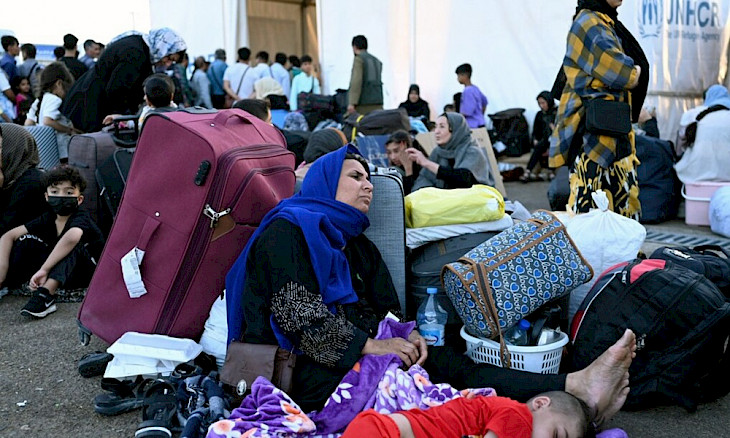Iran has deported 1.4 million undocumented Afghan migrants since the start of the Persian New Year in March 2025, Tehran Governor Mohammad Sadeq Motamedian announced, as reported by Araiananews.af.
This unprecedented crackdown aims to relieve pressure on Iran’s strained housing, education, and social services. A second phase of deportations is set to begin this week, described by Motamedian as a move toward a “comprehensive, long-term solution” to illegal migration.
Iranian authorities highlight tangible domestic benefits: over 3,000 school classrooms previously occupied by migrant children have been reclaimed for Iranian students, and rental prices in Tehran and surrounding areas have dropped 30–35%, easing financial burdens and reducing social tensions in overcrowded neighborhoods.
Historically, Iran has been one of the largest hosts of Afghan refugees — welcoming millions since the Soviet invasion of 1979, followed by waves fleeing civil war, Taliban rule, and the post-2021 economic collapse. Today, the UN estimates over 3 million Afghans reside in Iran, most without legal status, placing continuous strain on healthcare, employment, and welfare systems.
Yet the mass expulsions have created a humanitarian emergency across the border. According to the International Organization for Migration (IOM), more than 1.5 million Afghans have been repatriated from Iran alone since January 2025. Including returns from Pakistan since September 2023, the total exceeds 4 million people.
Afghan border provinces — Nimroz, Herat, Badghis — are nearing collapse. Local authorities are overwhelmed: shelters are full, clinics are swamped, and food stocks are depleted. Returnees often arrive destitute — many are children, elderly, or chronically ill, requiring urgent aid.
International agencies — including UNHCR and the Red Cross — are sounding the alarm: without immediate funding and logistical support, the crisis will deepen dramatically as winter approaches. Temperatures in Afghanistan’s highlands can plunge below -20°C, and hundreds of thousands remain without shelter. Experts warn that without global intervention, mass casualties from exposure and starvation are imminent.
While Iran’s policy offers short-term domestic relief, it risks long-term regional destabilization — demanding a coordinated international humanitarian response.
CentralasianLIGHT.org
Sept. 23, 2025

